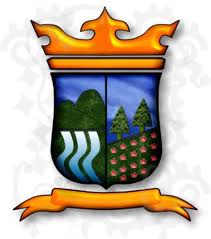
Santo Domingo, DR
The Dominican government is preparing to formalize the rescue of the outstanding Larimar stone after several months of its production being stopped in the Dominican Republic.
The director of Mining, Rolando Muñoz, advanced that Larimar mining would be reactivated because the authorities intervened and reached a consensus on the situations the mine dedicated to this practice presented.
“As it was being operated, we were going to stop being the only country in the world that produces Larimar,” revealed the official during the first diploma course on mining for journalists carried out by the Ministry of Energy and Mines.
Muñoz expressed that the government will make a millionaire investment to re-launch and recover this mining while offering greater security in the operations; however, he did not provide details on the amount to be invested for such purposes.
Goldsmiths of Larimar and Amber are trained.
The official expressed that the goldsmiths of Larimar and Amber are being trained in the elaboration of jewelry based on these stones to sell them in the tourist regions through the National Institute of Technical Professional Formation (Infotep).
He argued that they made a census of all these artisans in the province of Barahona (in the south of the country) to instruct them to sell these raw gems and make jewelry and add value to them.
Muñoz also said that specifically in Los Patos, Paraíso, Juan Esteban, as well as in Bahoruco, 61 small goldsmith enterprises have been identified.
Larimar and its importance
Larimar is a variety of minerals only found in the country and is a symbol of the identity and cultural heritage of the nation.
The National Congress, using Law 17-18, declared November 22 every year as “National Larimar Day.”
With this legislation, some ministries could allocate part of their budget to carry out activities to promote this semi-precious stone in the country and abroad, such as the ministries of Energy and Mines, Environment, Culture, and Tourism.
Also, these public institutions should carry out activities to commemorate the day and hold an annual celebration in the province of Barahona, where the Larimar School-Workshop and Museum is located.
Over the years, the aim has been to promote public policies that care for and preserve this type of distinctive elements of cultural heritage.






